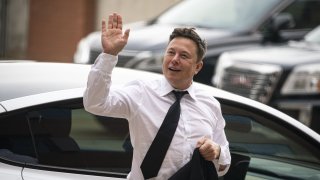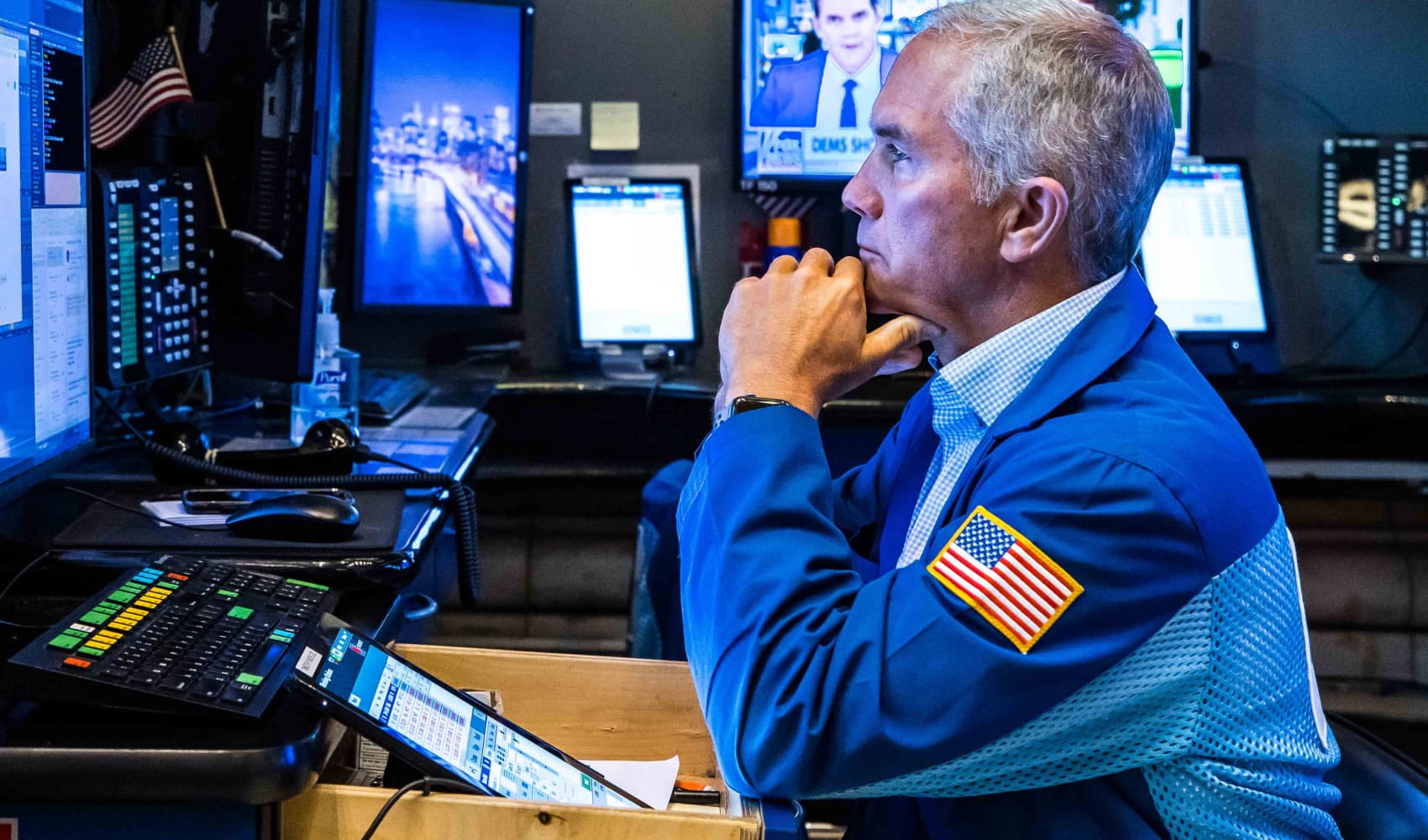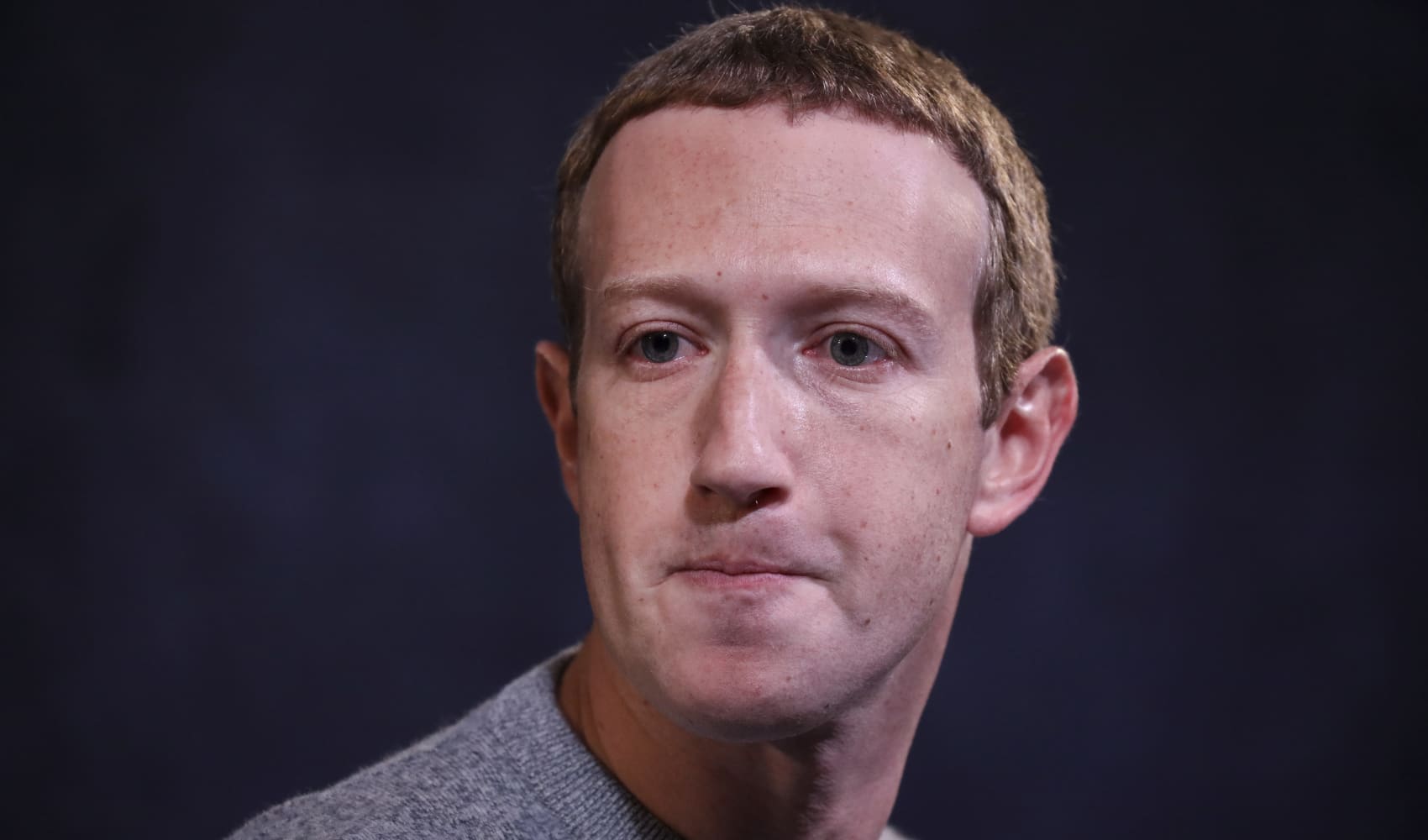
- A Delaware court ruled in favor of defendant Elon Musk in a shareholder lawsuit over Tesla’s $2.6 billion acquisition of SolarCity.
- Tesla shareholders alleged the company's acquisition of the solar installer amounted to a bailout, pushed through by Musk who sat on both company boards at the time.
- Musk denied that he placed any pressure on the Tesla board to go through with the transaction.
A Delaware court ruled in favor of defendant Elon Musk on Wednesday in a shareholder lawsuit over Tesla's $2.6 billion acquisition of SolarCity.
Tesla shareholders alleged the company's acquisition of the solar installer amounted to a bailout, pushed through by Musk who sat on both company boards at the time. The shareholders also alleged that Musk controlled the board of Tesla, even though he appeared to recuse himself from some deal negotiations concerning SolarCity.
Had he lost, Musk could have had to pay upwards of $2 billion. The matter could be appealed to the Delaware Supreme Court.
Get New England news, weather forecasts and entertainment stories to your inbox. Sign up for NECN newsletters.
Vice Chancellor Joseph R. Slights, who decided the case shortly before retiring, sided with Musk, writing: "Elon was more involved in the process than a conflicted fiduciary should be. And conflicts among other Tesla Board members were not completely neutralized. With that said, the Tesla Board meaningfully vetted the Acquisition, and Elon did not stand in its way."
SolarCity was founded in 2006 by Musk's cousins, Peter and Lyndon Rive. It was backed by Musk, who served as chairman of the board at both Tesla and SolarCity. Musk's aerospace company, SpaceX, had also purchased tens of millions of dollars worth of solar bonds from SolarCity.
Musk denied that he placed any pressure on the Tesla board to go through with the transaction. He also said the merger allowed Tesla to combine its battery business with Solar City's solar photovoltaics installations.
Money Report
During the trial, Musk said the SolarCity deal was part of his "master plan," which he had written in 2006 and was meant to accelerate the advent of sustainable energy.
The case was a shareholder derivative action, a suit filed by investors on behalf of a corporation, rather than individuals or funds. If the plaintiffs had won, proceeds would have gone to Tesla and not to the stakeholders who brought the suit.
Investors were skeptical of the deal when Tesla proposed it in June 2016, with the stock plunging more than 10% on the announcement.
According to emails that were part of evidence in the trial, Musk wrote an e-mail to SolarCity CFO Brad Buss on Sept. 18, 2016, saying that to get Tesla investors on board with the deal, SolarCity needed to get a handle on its liquidity problem and sign a letter of intent for a contract with Panasonic.
"Three things need to happen to change investor sentiment: SolarCity solving its liquidity crisis, an LOI with Panasonic to address solar cell production risk, and a joint product demo," Musk wrote. "Should be able to do all those before the shareholder vote."
During his testimony, contradicting those emails, Musk repeatedly argued that Solar City would have been able to raise capital even if it hadn't been acquired by Tesla.
The Tesla acquisition of SolarCity closed in November 2016.
The plaintiffs argued that Musk was only able to get the SolarCity acquisition approved by misrepresenting the financial well-being of SolarCity, saying it should be cash-flow positive within six months. They also alleged that due diligence by outside firms including Evercore was rushed to hide SolarCity's troubles.
Shareholders also argued, in the suit, that Musk unveiled a product that didn't yet function — glass solar roof tiles — to convince investors that there was real intellectual property and a product close to commercial viability in SolarCity.
Slights also acknowledged in his opinion: "As of trial, Tesla continued to rely on other solar companies to manufacture, produce, install and sell parts of its solar products. In other words, the synergistic integration that Tesla hoped for is still a work in progress. Despite these challenges, Tesla's value has massively increased following the Acquisition."






